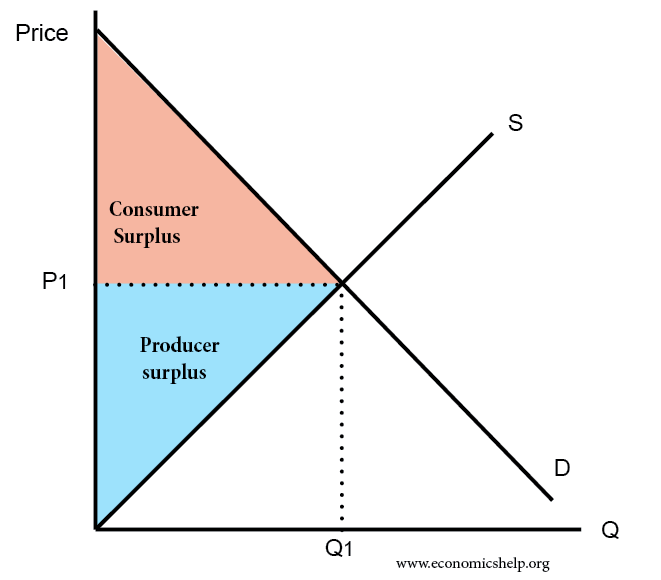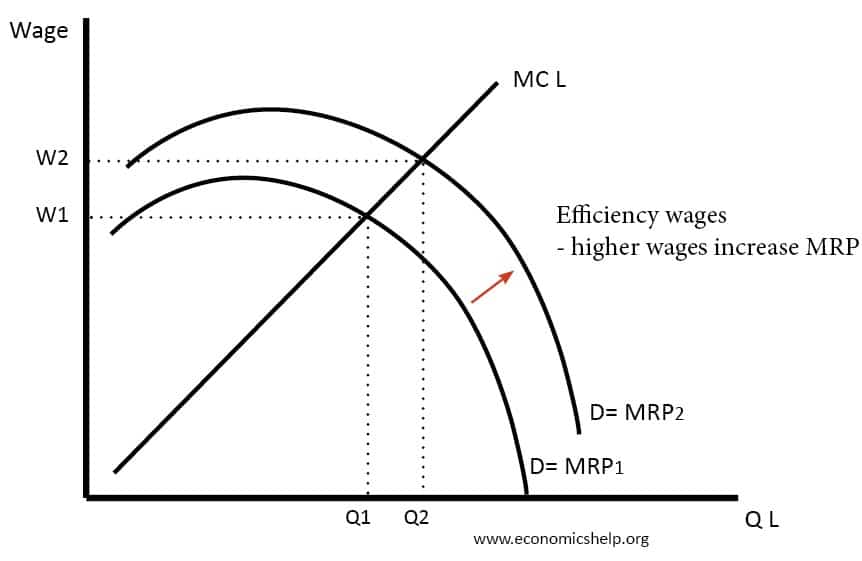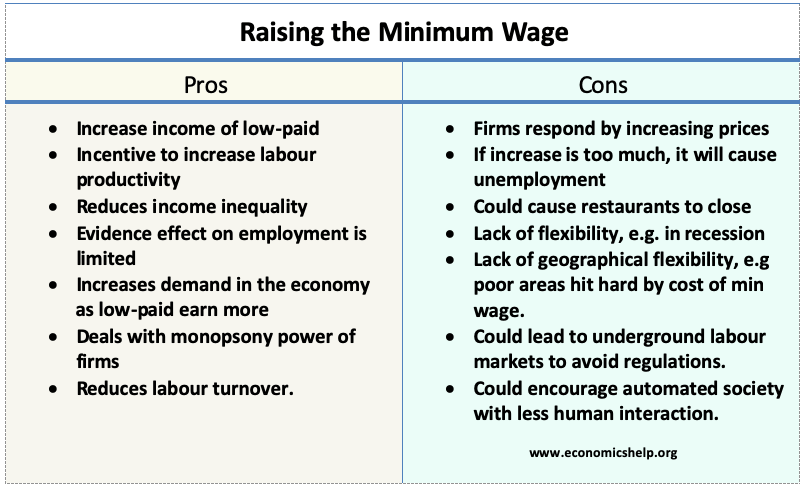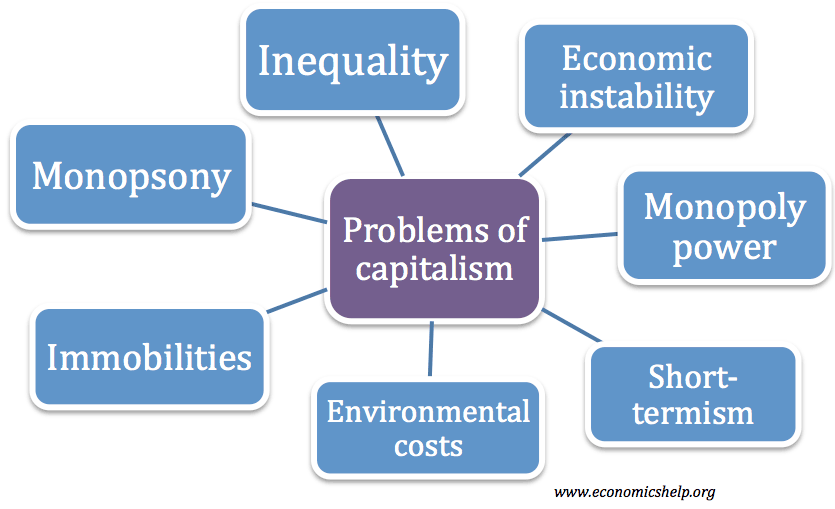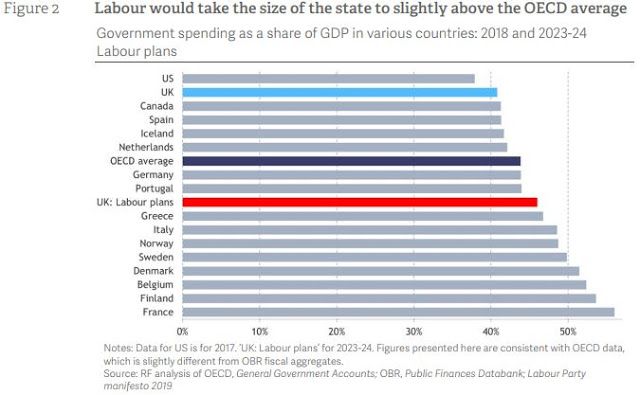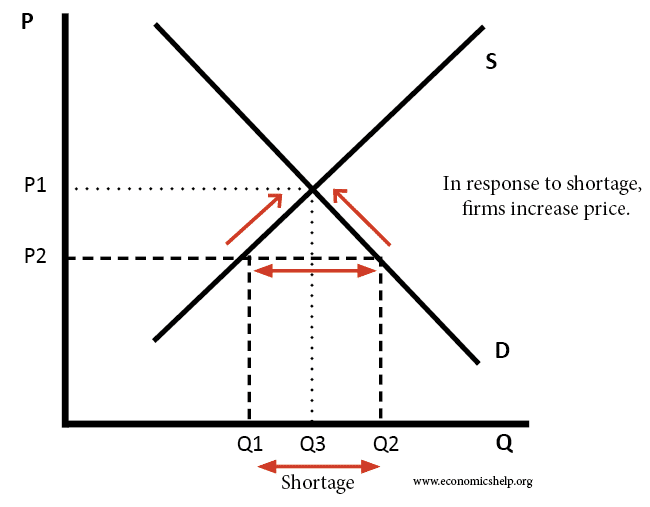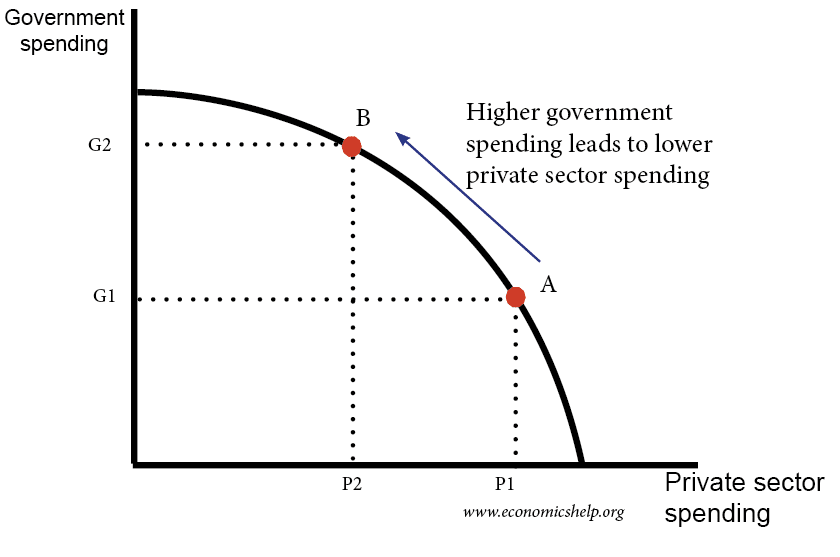Consumer surplus and producer surplus
Definition of Consumer Surplus This is the difference between what the consumer pays and what he would have been willing to pay. For example: If you would be willing to pay £50 for a ticket to see the F. A. Cup final, but you can buy a ticket for £40. In this case, your consumer …

